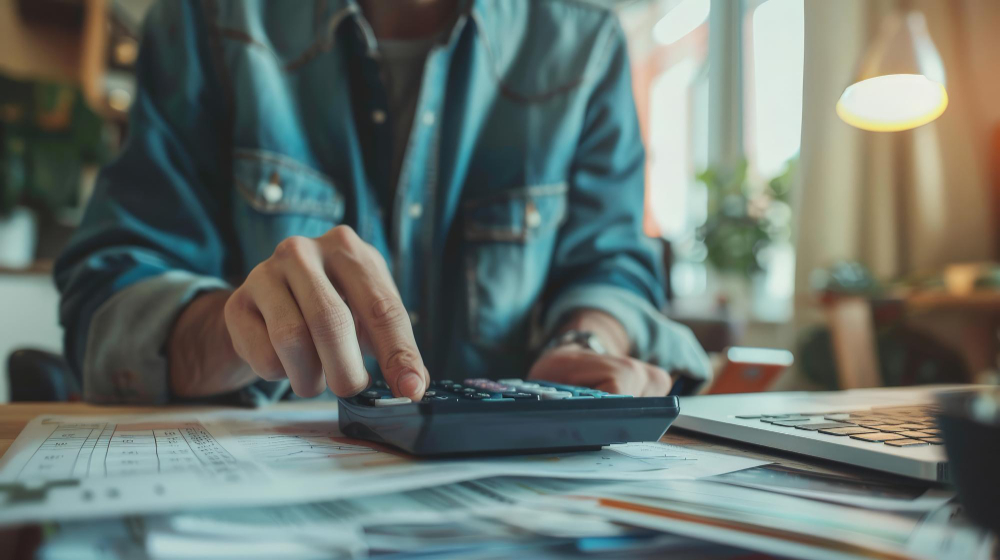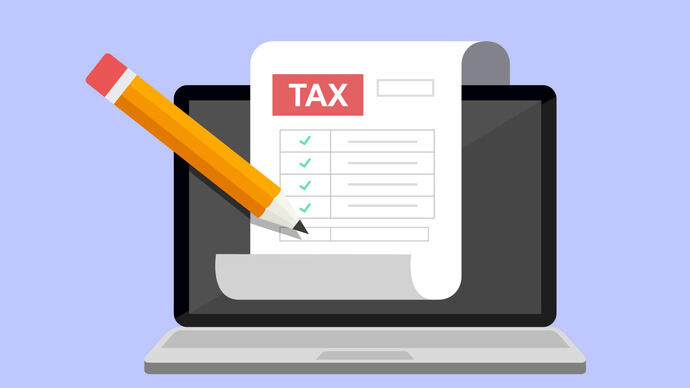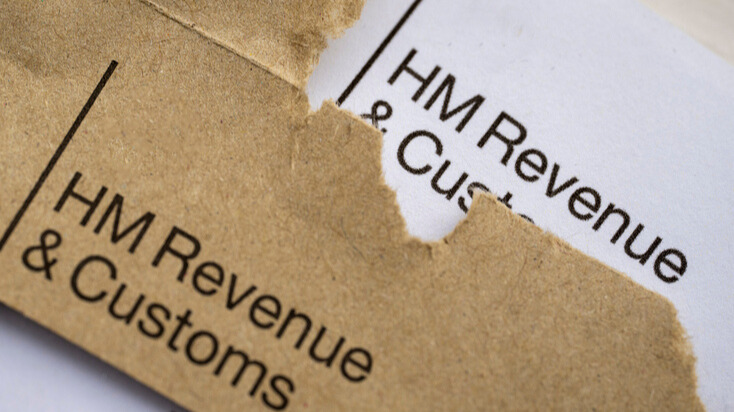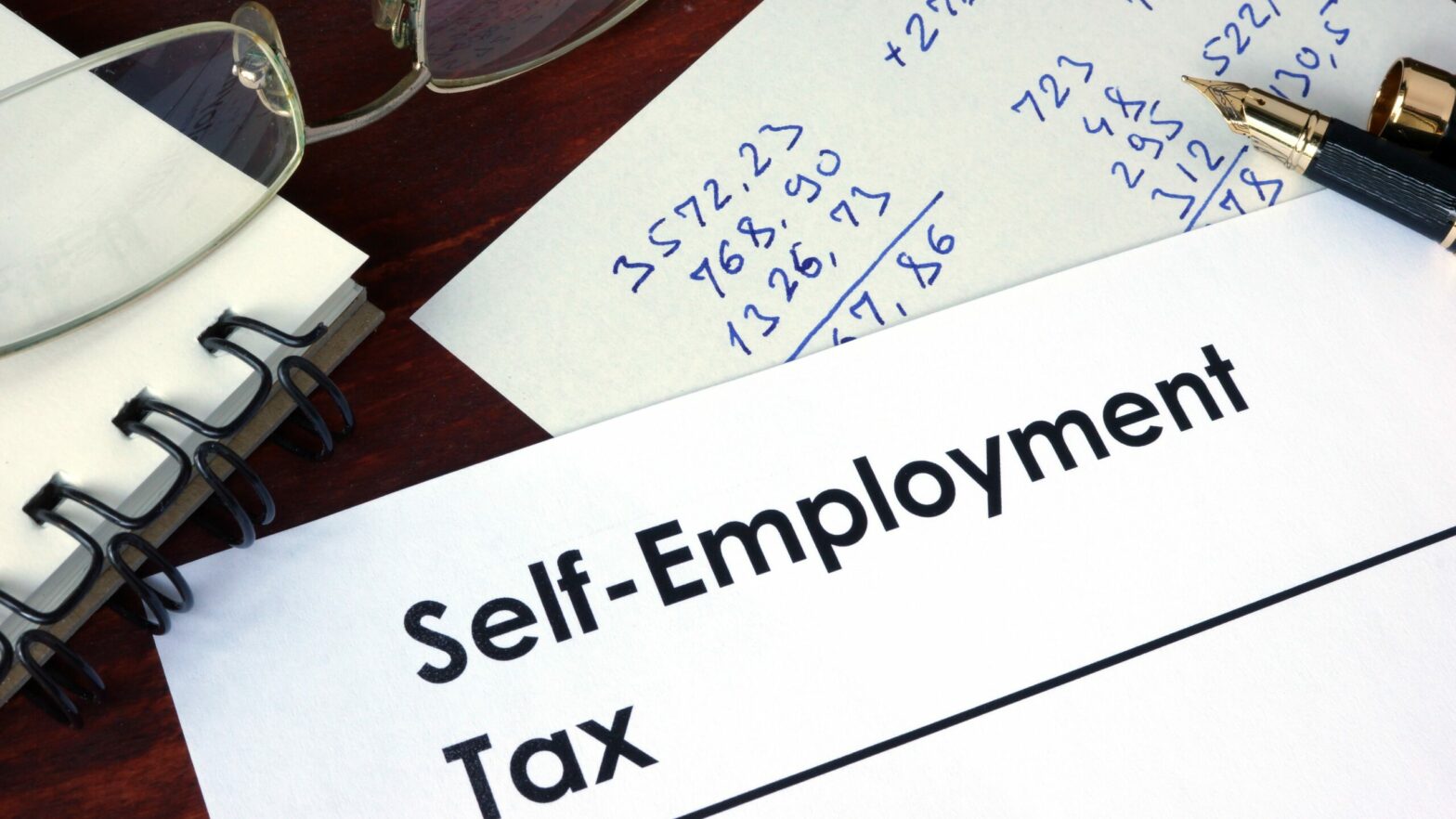Do your own checking
Even if you haven’t received a form from HMRC, you may still be obligated to return one. An overview of who is required to complete a tax return can be found on the HMRC website. If you believe you have to file a tax return, but haven’t received a form, contact your local tax office immediately.
Gather your information
Before you sit down to do your self assessment, make sure you have all the required information to hand. This includes: the self assessment form – SA100; details on all income (including accounts if self-employed); P60 and P11D forms from employers and pension providers; interest statements from bank/building societies; information on dividends from trusts and shares; life insurance policy payments; and details of any deductibles, for example, pension contributions, or gift aid.
Keep your records
All information used to complete tax returns must be kept for 22 months after the end of the tax year. For those carrying on a business, or who have an income from letting out property, the timeframe is five years and ten months. There is a maximum penalty of up to £3,000 for each tax year for which records have not been kept. Also, keep a photocopy of your tax return in case it goes missing in the post and for future comparisons.
Provide an account of changes
If there are significant differences on your return compared to last year, tax inspectors will want to know why, so note the explanation for them on the form.
Check and check again
A form that is not completed correctly may be rejected by HMRC. Don’t forget to sign and date the form, and make sure you fill in all the boxes that apply to you.





